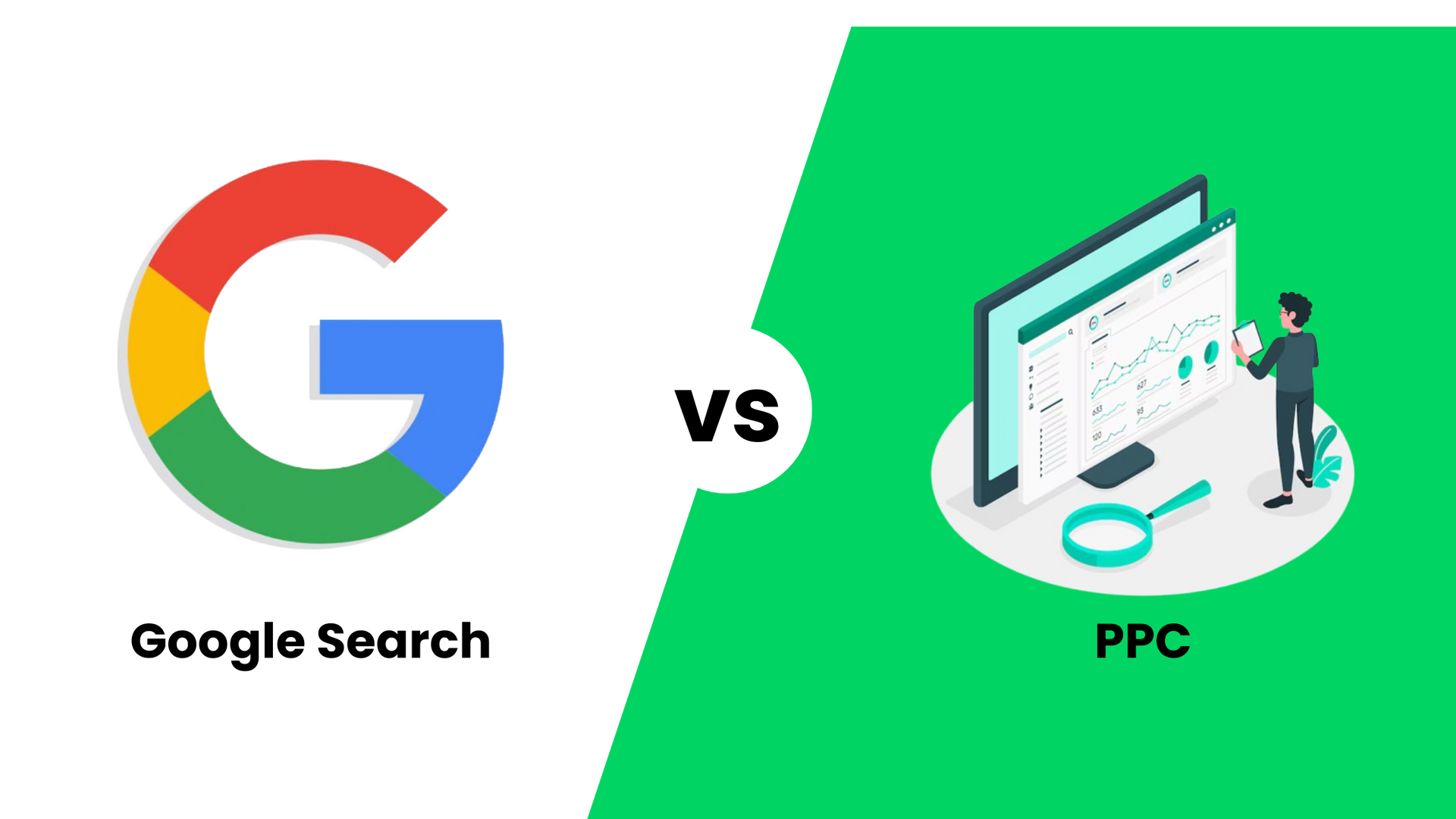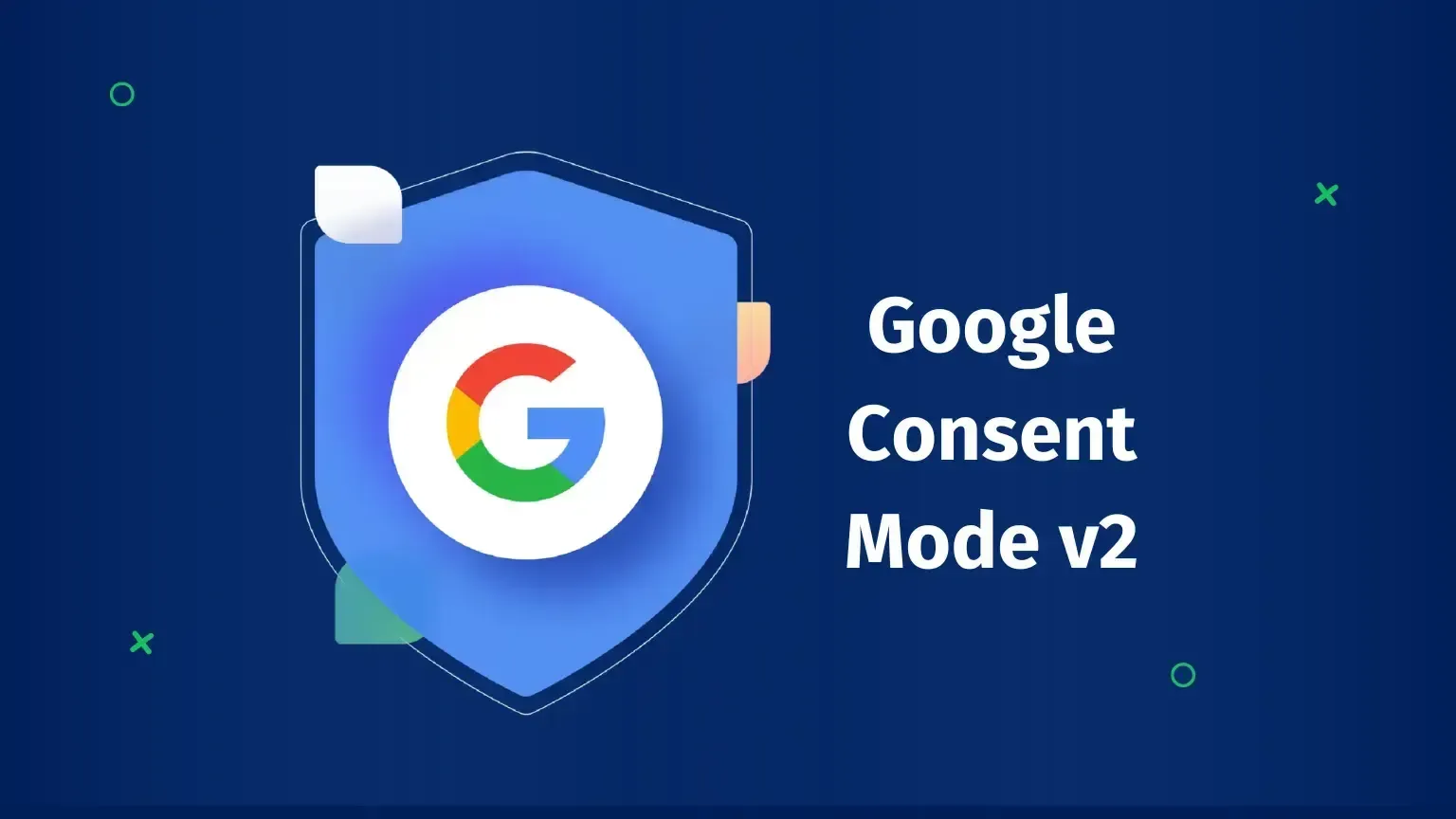SEO for Surveyors: Rank Higher on Google & Get More Clients
As a surveyor in the UK, your expertise is vital to property purchases, property development, construction, and environmental analysis. But did you know that over 80% of clients use online search to find local services? With over 115,200 searches for just residential related surveyor terms every month in the UK alone, an impressive 1.4 million every year, search just cannot be ignored in any good marketing strategy for surveyors. Keyword planner results by Winston Web Co for 2024 search history.
In today's competitive market, simply having a website isn't enough. To stand out and attract clients, you need to be easily found online. That's where Search Engine Optimisation (SEO) comes in.
SEO offers a powerful way to ensure your surveying business gets noticed. By adopting strategies tailored to your industry, you can rank higher in search results, attract more traffic to your website, and ultimately win more clients.
This guide will walk you through actionable SEO strategies specifically designed for surveyors, from optimising your website to leveraging local SEO and content marketing.
WHY SEO IS CRUCIAL FOR SURVEYORS
The digital landscape has changed how clients look for surveyors. Gone are the days when word of mouth or the Yellow Pages would suffice. Modern clients—whether they’re property developers or private homeowners—turn to online searches to find reputable surveyors in their area. This shift makes your online visibility critical, and that’s where SEO comes in. If you're not easily found online, you're losing potential clients to competitors who are.
UNDERSTANDING YOUR CLIENTS' SEARCH BEHAVIOUR
Before jumping into strategies, it’s vital to understand how clients search for your services. Think about queries like:
- “Building surveyor near me”
- “Chartered surveyor in [Your City/Town]”
- “How much does a Level 3 survey cost in the UK?”
- "RICS surveyor for party wall agreement"
- "Land surveyor for topographical survey"
THE BASICS OF SEO FOR SURVEYORS
SEO, at its core, is about signalling to search engines like Google that your website answers users’ questions. Here are the essential pillars of SEO to focus on:
On-Page Optimisation
On-page SEO refers to all the elements you can directly control on your website. Key actions include:
Keyword Research:
Identify relevant keywords such as “residential surveying services,” “level 2 survey in London,” or “RICS certified surveyor.” Use tools like Google Keyword Planner (best used alongside an active Google Ads account), and paid tools like SEMrush, Ahrefs, or Moz Keyword Explorer, or free tools like Answer The Public, or Google Trends.
Title Tags and Meta Descriptions:
Optimise every page with a compelling title that includes your target keyword and location. For example, instead of "Boundary Surveys," use "Boundary Surveys Birmingham | RICS Chartered Surveyors | [Your Company Name]". Write meta descriptions that give a concise summary and encourage clicks. For example, "Need a boundary survey in Birmingham? Our RICS Chartered Surveyors provide accurate, reliable surveys for homeowners. Get a free quote today!"
Header Tags:
Use H1 and H2 headers effectively. Subheadings improve readability and allow you to integrate keywords naturally.
Image Optimisation:
Compress your images for fast loading and use descriptive file names and ALT text (e.g., instead of “image1.jpg,” use “topographic-survey-example.jpg”).
Technical SEO Considerations
Your website needs to be both user-friendly and search engine-friendly. Ensure:
- Mobile Responsiveness: Many users will search from mobile devices, so your site must perform well on smaller screens.
- Fast Loading Times: Tools like Google PageSpeed Insights can help identify slow-loading pages.
- XML Sitemap: Submit a sitemap to Google through Google Search Console to help it crawl and index your site.
- Secure Site (HTTPS): A secure website is non-negotiable. Ensure your site uses an SSL certificate.
- Structured Data: Implement structured data (schema markup) to help search engines understand the context of your content. For example, you can use schema to highlight your services, opening hours, and contact information.
LOCAL SEO: THE KEY TO REACHING NEARBY CLIENTS
Most surveyors serve a specific geographical area, making local SEO critical for attracting nearby clients. Unlike general SEO, local SEO focuses on optimising your online presence to appear in location-based searches. This is crucial because many clients search for "surveyor near me" or "surveyor in [their city]".
The Importance of Google Business Profiles
Your Google Business Profile (formerly Google My Business) is arguably the most important tool for local SEO. Here’s how to optimise it effectively:
- Fill out all business details: Name, address, phone number (NAP), and website must be accurate and consistent with what appears on your website.
- Choose relevant categories: Select options like “Surveyor” or “Land Surveyor”.
- Upload images: Include high-quality photos of your office, staff, or on-site surveying work to build trust.
- Collect reviews: Encourage satisfied clients to leave reviews, as high ratings boost visibility in local search results.
Building Local Citations
Listing your business in local online directories (e.g., Yell, Checkatrade) not only increases your visibility but also sends trust signals to search engines. For UK-based surveyors, some important directories include:
- Yell.com
- TrustATrader
- Bark
- Scoot
- FreeIndex
- Hotfrog UK
- 192.com
- And, of course, RICS Find a Surveyor
CONTENT MARKETING STRATEGIES FOR SURVEYING FIRMS
To become a recognised authority in your space, you need to offer valuable content that answers your clients' most pressing questions.
Blogging and Content Creation
Surveyors can create targeted content that builds trust and drives traffic. Here are some ideas for blog posts:
- “How to Choose the Right Surveyor for Your Project”
- “Understanding Building Surveys: What’s Included in the Report”
- “5 Common Boundary Disputes and How to Resolve Them”
- "Party Wall Agreements: A Guide for Homeowners"
- "Topographical Surveys: When Do You Need One?"
- "The Importance of Accurate Land Measurement in Construction"
- "RICS Home Survey Level 1, 2 and 3: What's the Difference?"
- "Valuation Surveys: How Much is Your Property Really Worth?"
By addressing common client concerns, you not only rank for long-tail keywords but also position yourself as an authoritative voice in the field.
Using FAQs to Address Client Concerns
An FAQ section or dedicated FAQ page is an excellent way to boost SEO and user experience. These pages often rank well for specific queries like:
- “Do surveyors check for damp?”
- “How long does it take to complete a property survey?”
- "What qualifications should I look for in a surveyor?"
- "How much does a building survey cost?"
- "What is the difference between a valuation and a survey?"
Incorporate structured data to make these FAQs appear as rich snippets in search engine results.
BUILDING TRUST THROUGH REVIEWS AND TESTIMONIALS
People making a significant investment—such as hiring a surveyor—crave reassurance. Positive reviews and testimonials can make or break that decision.
To build trust:
- Actively request reviews from satisfied clients on platforms like Google, Trustpilot, and any relevant industry-specific review sites.
- Display testimonials on your website, ensuring to highlight problem-solution scenarios.
- Respond to reviews, whether positive or negative, to show professionalism and care.
Google’s algorithm considers reviews for local SEO rankings, so building a consistent stream of feedback is an SEO strategy in itself.
ANALYSING PERFORMANCE AND ADJUSTING YOUR SEO STRATEGY
SEO isn’t a one-time activity—it’s an ongoing process. Use tools like:
- Google Analytics: Monitor traffic sources (to see where your visitors are coming from), bounce rate (to see if visitors are leaving your site quickly), pages per session (to see how many pages people look at), and conversions (to track how many visitors are completing desired actions, like filling out a contact form or requesting a quote).
- Google Search Console: Track keyword rankings, identify which search queries are bringing traffic to your site, and fix any technical errors that might be hurting your SEO.
- Ahrefs or SEMrush: Dive deeper into backlink-building efforts and competitor analysis.
Pay attention to which pages bring the most traffic and focus on replicating their success. For example, if a blog about “Boundary Disputes” performs well, consider writing follow-ups on related topics like “Boundary Wall Laws in the UK.” Similarly, if you notice that a particular service page, like "Party Wall Surveys in [Your City]", is ranking well and driving conversions, you might want to create more content around that topic or expand your paid advertising efforts targeting related keywords.
CONCLUSION
SEO is a game-changer for surveyors looking to stand out in today’s competitive digital landscape. From optimising your website and perfecting local SEO to providing valuable content that answers client questions, these strategies will ensure that your business not only climbs search engine rankings but also wins the trust of potential clients.
At Winston Web Co, we specialise in providing tailored SEO strategies for professionals like you. If you’re ready to transform your online visibility and drive more qualified leads, get in touch with our team today for a free SEO audit and consultation. Let us help you grow your surveying business.









